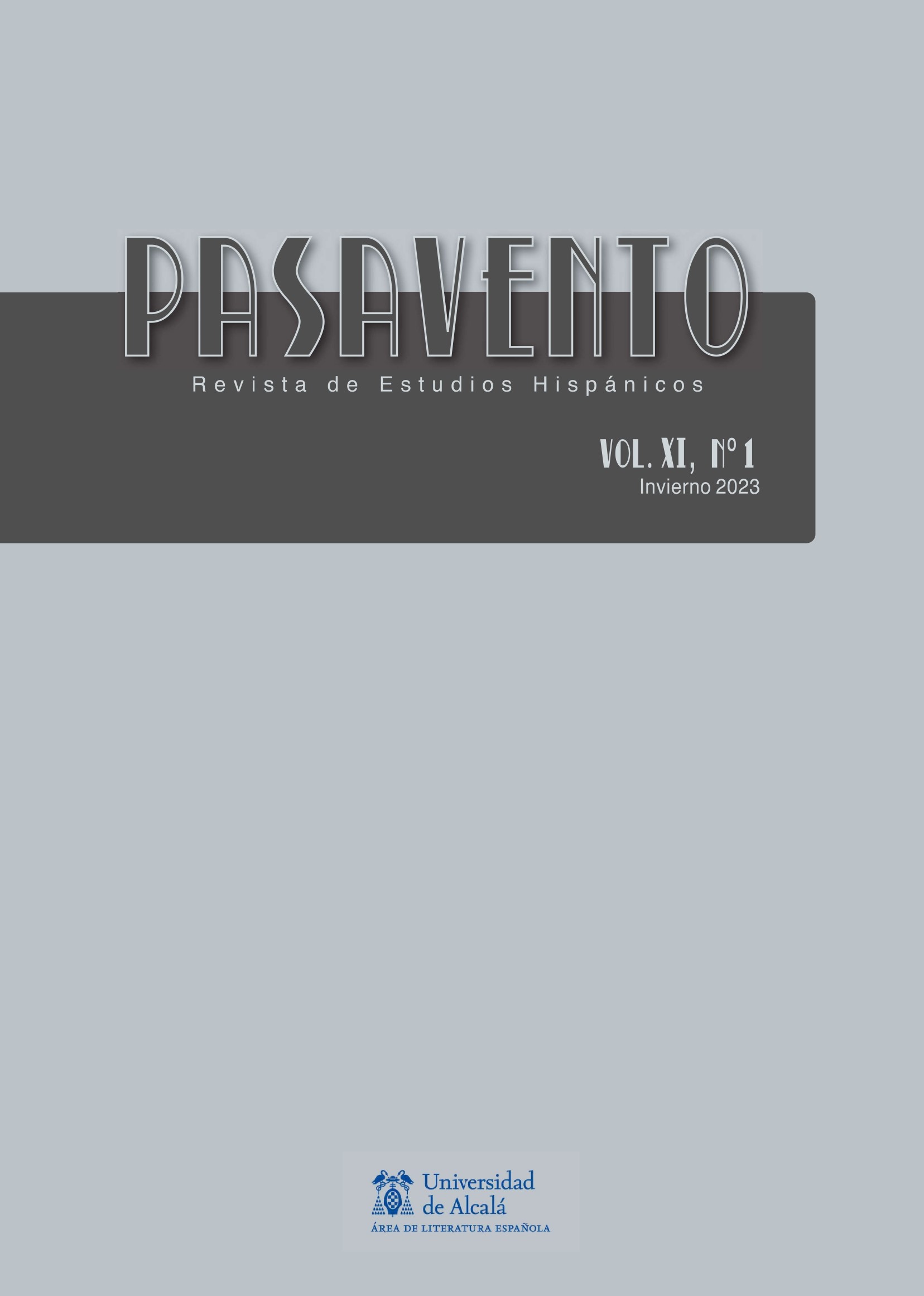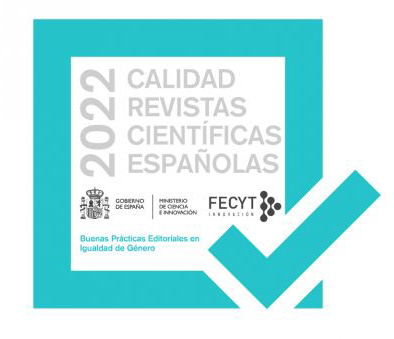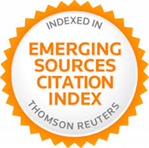Living in literature: talent and gift of/from Cristina Peri Rossi
DOI:
https://doi.org/10.37536/preh.2023.11.1.2079Keywords:
Postulated Authorship, Complicit Reading, "Tsunami", "Estate violenta", La insumisaAbstract
In this article, written as a tribute, the self-definition of Cristina Peri Rossi as a “writer of the imagination” is revealed in order to thus, through the concept of the postulated author, assume the complicit responsibility of imagining her –the author–, living in the literature. This takes place through the reading of three texts: “Tsunami” (2007), a story that supports an autobiographical reading; the explicitly autobiographical novel entitled La insumisa (2020); and, finally, the story “Estate violenta” (1980), apparently alien to the Uruguayan-Spanish writer's self but which, like the two previous cases, overlaps and combines fictions, among them those of an author who plays at being imagined.
References
Barthes, Roland (1977). “The Death of the Author”, in Image, music, text. Londres: Fontana Press, 142-148.
Booth, Wayne C. (1983). The Rhetoric of Fiction. Chicago: University of Chicago Press. DOI: https://doi.org/10.7208/chicago/9780226065595.001.0001
Bruña Bragado, María José (2018). “Violencia y ternura en la prosa carnal de Peri Rossi: Todo lo que no te pude decir”, Revista de la Academia Nacional de Letras, 14: 73-82.
Derrida, Jacques (1980). “The Law of Genre”, Glyph: Textual Studies, 7: 202-229. DOI: https://doi.org/10.1086/448088
Foucault, Michel (1969). “Qu'est-ce qu'un auteur?”, Bulletin de la Société française de philosophie, 63e année, 3: 73-104.
Nehamas, Alexander (1986). “What an Author is”, The Journal of Philosophy, 83.11: 685-691. DOI: https://doi.org/10.5840/jphil1986831118
Nehamas, Alexander (1981). “The Postulated Author: Critical Monism as a Regulative Ideal”, Critical Inquiry, 8.1: 133-149. DOI: https://doi.org/10.1086/448144
Peri Rossi, Cristina (2022). “Discurso Premio Cervantes”.
<https://www.infobae.com/leamos/2022/04/22/premio-cervantes-asi-fue-el-discurso-completo-de-cristina-peri-rossi-leido-por-cecilia-roth/> (22 de noviembre de 2022)
Peri Rossi, Cristina (2020). La insumisa. Palencia: Menoscuarto.
Peri Rossi, Cristina (2007). “Tsunami”, in Cuentos reunidos. Barcelona: Lumen, 475-483.
Peri Rossi, Cristina (1988). “Estate violenta”, in La rebelión de los niños. Barcelona: Seix Barral, 154-173 [Epub].
Richero, Sofi (2016). “Qué vivan las asimetrías”, Brecha, 9 de diciembre: 22-23.
Segarra, Marta (2022). Humanimales. Abrir las fronteras de lo humano. Barcelona: Galaxia Gutenberg.
Torras, Meri (2022). “Escrituras (dis)conformes. Los devenires ficcionales de Flavia Company y Cristina Peri Rossi”, in Pensar lo real. Autoficción y discurso crítico, ed. Ana Casas y Ana Forné. Madrid/Frankfurt: Iberoamericana/Vervuert, 245-262. DOI: https://doi.org/10.31819/9783968693279-013
Torras, Meri (2019). “Cristina Peri Rossi: entretejer vida y literatura, ante el despojo del tiempo”, Revista Iberoamericana, LXXXV.268: 761-778. DOI: https://doi.org/10.5195/reviberoamer.2019.7806
Torras, Meri (2017). “Trabajos de amor (re)vividos. Afectos y efectos en Los amores equivocados (2015)”, in Erotismo, transgresión y exilio: las voces de Cristina Peri Rossi, coord. Jesús Gómez-de-Tejada. Sevilla: Editorial Universidad de Sevilla, 259-280.
Zurlini, Valerio (dir.) (1959). Estate violenta (Verano violento). Coproducción Italia-Francia. Titanus y Société Générale de Cinématographie (S.G.C.).
Downloads
Published
How to Cite
Issue
Section
License
Copyright (c) 2023 Meri Torras

This work is licensed under a Creative Commons Attribution 4.0 International License.








